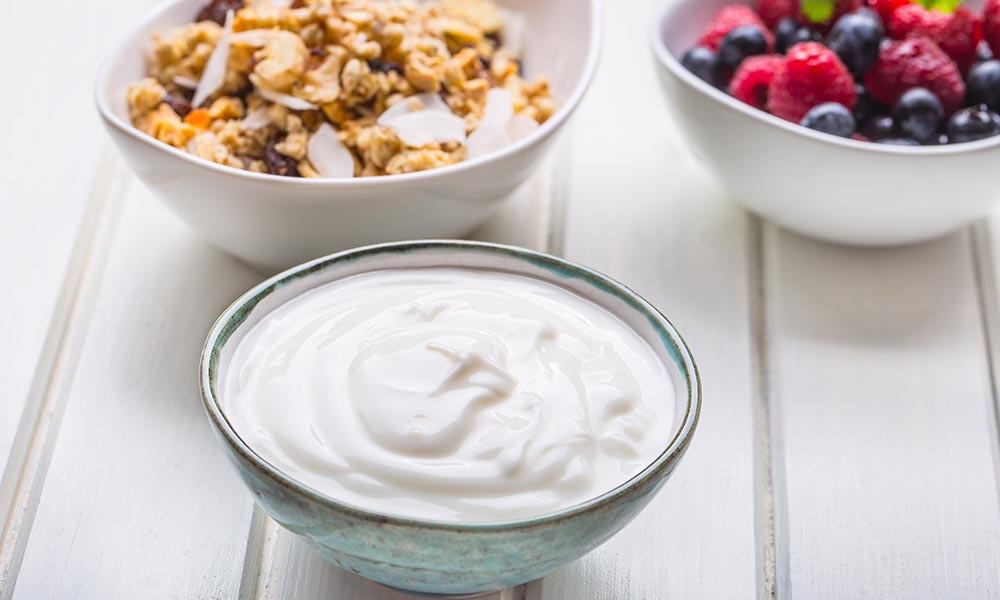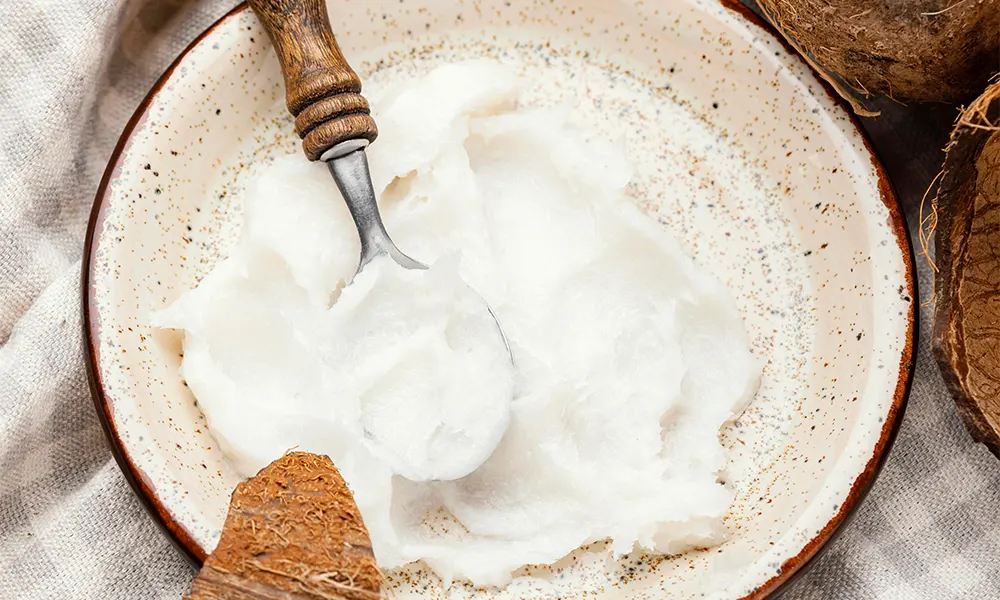So, you’re craving creamy, tangy yoghurt, but your stomach’s singing a different tune. The age-old question plagues many: does Greek yoghurt have lactose? And if it does, how can you still enjoy this nutritious treat without the dreaded bloating, cramps, and discomfort? This is a common problem, especially for those with lactose intolerance, and we’re here to shed some light on this dairy debate. Let’s delve into the creamy world of Greek yoghurt and uncover its lactose secrets!
Understanding Lactose Intolerance
Before we tackle the main question, “does Greek yoghurt have lactose?”, let’s quickly refresh our understanding of lactose intolerance. Simply put, lactose intolerance means your body doesn’t produce enough lactase, the enzyme needed to digest lactose, the sugar found in milk and dairy products. This results in those unpleasant digestive symptoms we all know and, frankly, don’t love. The severity of these symptoms varies greatly from person to person. Some might experience mild discomfort, while others might have more severe reactions.
Does Greek Yoghurt Have Lactose? The Truth Unveiled
The short answer is: yes, Greek yoghurt does contain lactose, but often significantly less than other dairy products. During the straining process that makes Greek yoghurt so thick and creamy, a considerable amount of the whey (the liquid part of milk containing a lot of lactose) is removed. This means the final product has a lower lactose content compared to regular yoghurt or milk. However, it’s crucial to remember that “less lactose” doesn’t mean “no lactose”. The amount of lactose remaining varies between brands and the manufacturing process. Some brands might even add extra lactose. Always check the nutrition label!
Factors Affecting Lactose Content in Greek Yoghurt
Several factors influence the amount of lactose in your favourite tub of Greek yoghurt. These include:
- The straining process: More thorough straining generally means less lactose.
- The type of milk used: Whole milk Greek yoghurt will have more lactose than skim milk Greek yoghurt.
- Added ingredients: Some brands might add extra ingredients such as milk powder, potentially increasing the lactose content.
- The brand itself: Different brands use different processes and may have varying lactose levels.
Therefore, even if you’re lactose intolerant, it doesn’t automatically mean you can’t enjoy Greek yoghurt. However, it’s crucial to experiment carefully and monitor your body’s response to different brands and varieties.
Tips for Sensitive Stomachs: Enjoying Greek Yoghurt Without the Discomfort
So, you’ve established that “does Greek yoghurt have lactose?” is a nuanced question. Now, let’s discuss practical strategies for managing potential lactose issues:
- Start with small portions: Gradually introduce Greek yoghurt into your diet, starting with tiny amounts to gauge your tolerance.
- Choose low-lactose or lactose-free options: Many brands now offer specifically low-lactose or even lactose-free Greek yoghurts. These are designed for those with sensitive stomachs, minimising the risk of digestive problems. Checking the label for “lactose-free” is key.
- Pair it with lactase enzyme supplements: Taking a lactase enzyme supplement before consuming Greek yoghurt can help your body digest the lactose more effectively. Does Greek yoghurt have lactose? Yes, but lactase can alleviate symptoms.
- Look for Greek yoghurts made with whole milk: It might seem counterintuitive, but some studies suggest that whole milk Greek yoghurt is actually easier to digest than its lower-fat counterparts. This is potentially due to the fat content slowing down digestion.
- Gradually increase portion size: As your body adjusts, you may be able to tolerate larger amounts of Greek yoghurt. Listen to your body and adjust your intake accordingly.
Conclusion
Ultimately, the question “does Greek yoghurt have lactose?” isn’t a simple yes or no. The amount of lactose varies significantly, and your individual tolerance plays a huge role. By being mindful of the factors that influence lactose content, choosing low-lactose or lactose-free options, and listening to your body, you can happily enjoy the creamy goodness of Greek yoghurt without the digestive distress. Remember to always read those nutrition labels. Happy yoghurt-ing!
For more tips on managing your dairy intake and finding the perfect lactose-friendly options, get in touch with Yo Hayo. We’re here to help you find the best choices for your diet and digestive needs! Contact us today!
FAQs
-
Can I tolerate Greek yoghurt if I’m mildly lactose intolerant?
Yes, many people with mild lactose intolerance find that they can tolerate small portions of Greek yoghurt. Since it contains less lactose than regular yoghurt, the symptoms might be less severe. However, it’s always best to start with a small serving and monitor your body’s response. Some individuals may find that they can consume Greek yoghurt without any issues, while others might need to opt for lactose-free varieties. Keep track of your symptoms and adjust accordingly to ensure comfort.
-
What’s the difference between lactose-free and low-lactose Greek yoghurt?
Lactose-free Greek yoghurt is completely free from lactose, making it ideal for those with severe lactose intolerance. On the other hand, low-lactose Greek yoghurt still contains some lactose but in smaller amounts compared to regular yoghurt. The straining process removes much of the lactose, but it doesn’t eliminate it entirely. If you have a mild intolerance, low-lactose options might be sufficient, while lactose-free is better for those with more sensitive stomachs. Always check the label to confirm the lactose content.
-
Are there any health benefits to consuming Greek yoghurt despite lactose intolerance?
Greek yoghurt is packed with essential nutrients, including protein, calcium, probiotics, and vitamins, all of which support digestive health, bone health, and overall well-being. Even if you’re lactose intolerant, consuming small amounts of Greek yoghurt can provide these benefits without causing severe discomfort. Probiotics, in particular, can help improve gut health by promoting the growth of beneficial bacteria. If you’re cautious about your lactose intake, opt for lactose-free varieties to enjoy these health benefits without the side effects.
-
Does Greek yoghurt have a lower lactose content than other dairy products like milk and cheese?
Yes, Greek yoghurt generally has a lower lactose content than milk and many cheeses. During the straining process, much of the whey, which contains lactose, is removed, leaving behind a creamier, thicker product with less lactose. However, it’s still important to note that the lactose content can vary depending on the brand and the type of milk used. If you’re concerned about lactose, choose brands that specifically label their products as “low-lactose” or “lactose-free” for more certainty.
-
Can I mix Greek yoghurt with other foods to reduce the lactose impact?
Yes, pairing Greek yoghurt with certain foods can help reduce its impact on your digestive system. For example, combining yoghurt with fruits, oats, or nuts can slow down digestion, potentially reducing any discomfort caused by lactose. Additionally, consuming Greek yoghurt with digestive-friendly foods, such as ginger or peppermint, may soothe your stomach and ease any potential discomfort. However, always be mindful of your body’s reactions and adjust the portion size or ingredients as needed to maintain comfort.





